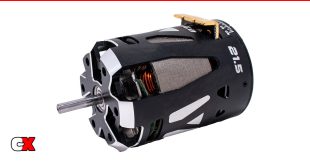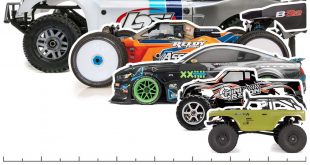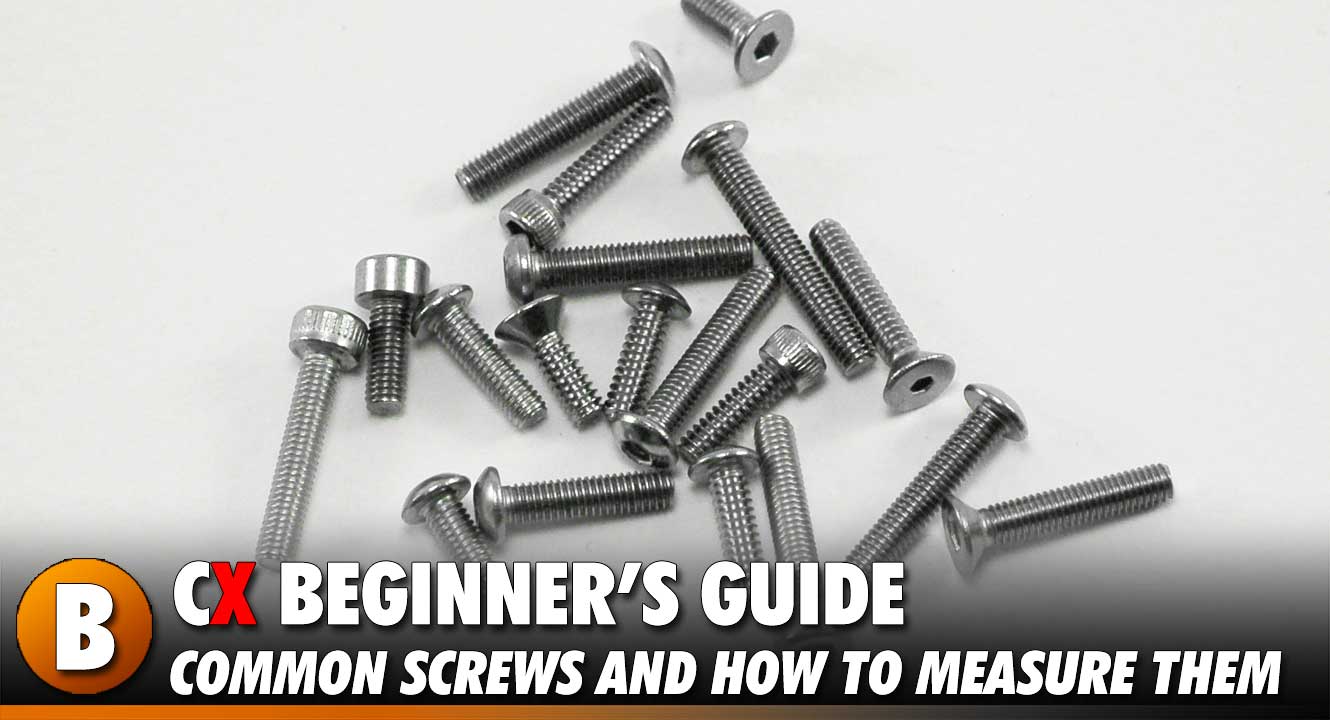
Beginner’s Guide to RC – How to Correctly Measure Common Screw Types
When I first started out in RC, I didn’t have much of a background in building things. Sure, as a kid I disassembled all my toys to see how they worked, but rarely ever put them back together and, when I did, never put the sames screws back where I got them from.
Then I encountered my first race-level RC kit; Team Associated’s RC10T. This kit came with a pretty detailed instruction manual that required me to know about screw types like SHCS, BHCS and FHCS as well as understanding measurements. I didn’t know much about any of these so I’m not 100% sure that my RC10T went together correctly, but I soon found that I needed to get familiar with these terms and how to correctly measure screw lengths.
So let’s get down to some terminology first. There are three common screw types in RC; SHCS, BHCS and FHCS. This is actually fairly easy to learn and remember so let’s break it down:
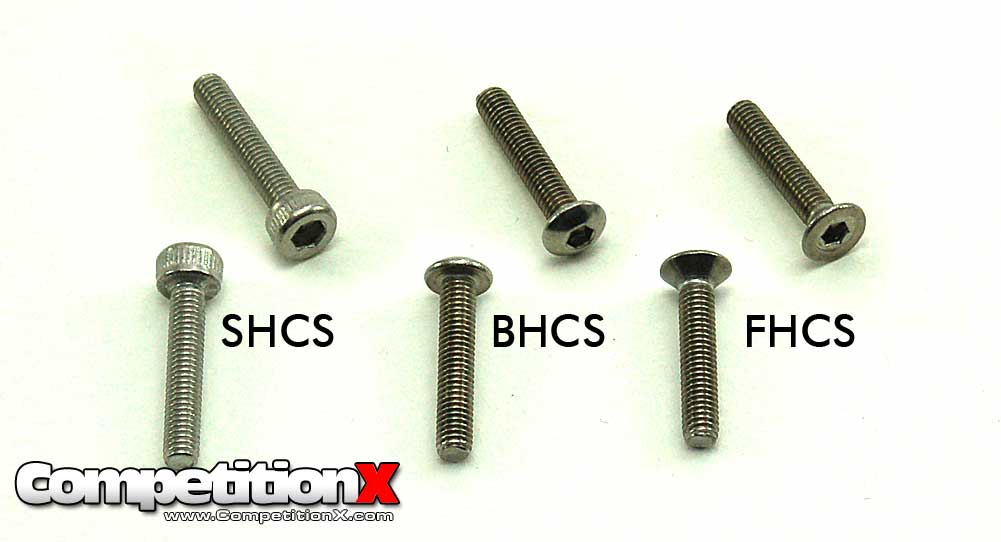
The common letters in these three terms is ‘HCS’, which stands for Head Cap Screw.
The first letter designates what type of screw head it is:
S for Socket head.
B for Button head, or the shape of a button.
F for Flat head, for the flat top.
So knowing that, a SHCS would be a Socket Head Cap Screw, a BHCS would be a Button Head Cap Screw and a FHCS would be a Flat Head Cap Screw. Pretty easy, right?
These screws come in a slew of different lengths and even sizes, the most common being a 4-40 or 5-40 size. So what does this mean? Good question.
Screw Sizes
Let’s take a 4-40 screw as an example. The first number (4) designates the size of the screw, in this case a #4. The larger the number, the larger the screw. The second number (40) relates to the number of threads per inch (TPI), in this case 40. The larger the number, the more threads-per-inch the screw will have. So, if you see something like 4-40×1/2″, this is telling you that you have a #4 size screw with 40TPI and a length of 1/2″.
Other common sizes you might see in RC are 2-56 screws or 5-40 screws; these use the same definition as that above. A 2-56 screw will be a #2 size screw (smaller than a #4) and have 56TPI, meaning the threads will be a finer pitch than a 40TPI screw. A 5-40 screw will be a #5 screw (larger than a #4) and have the same 40TPI.
Measuring Screws
Now that we’re familiar with the sizes, let’s move to how you measure length. Common sense would say to just measure the overall length, but that’s only true for the FHCS. Because the FHCS is countersunk (meaning it sits flat to the surface once installed), you need to measure its entire length to get an accurate reading. To get an accurate measurement on both the SHCS and BHCS, you need to measure the threads only, as the diagram below shows.
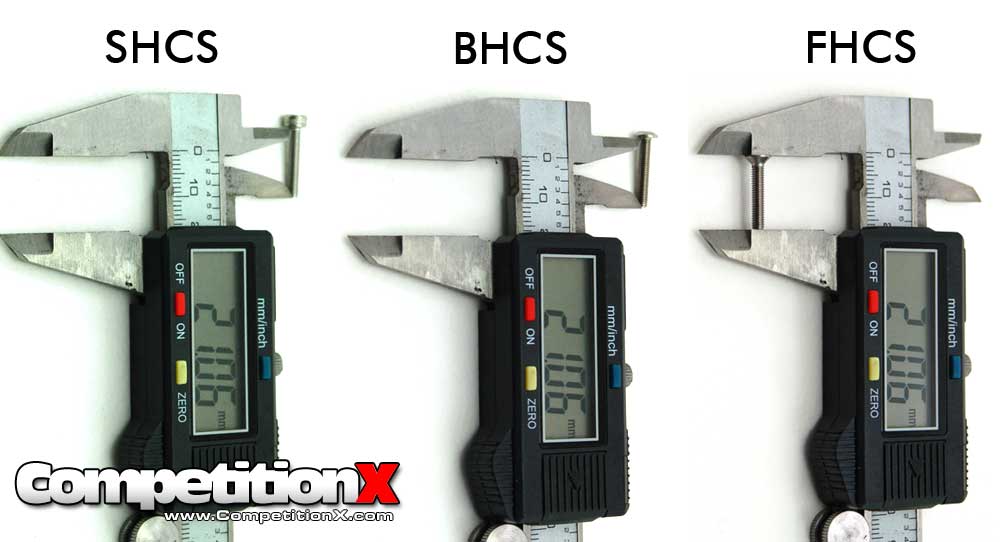
As you can see, all three screws are the same length, just measured differently.
Hopefully this article will help clear any confusion about screws, lengths and how to measure. If you don’t have any yet, I would suggest picking up a set of digital calipers. They come in handy for measuring more than just screws and can be a pretty helpful tool in your toolbox.
Here’s a couple different sets of digital calipers we’ve used (or very similar):
ProTek RC 6″ Digital Caliper w/LCD Display
Team Integy 6″ Digital Caliper w/LCD Display
Good luck!
 CompetitionX CompetitionX is the most up-to-date source for RC Car News, Reviews and Videos for Radio Control. We also have the most comprehensive Manual Database on the web.
CompetitionX CompetitionX is the most up-to-date source for RC Car News, Reviews and Videos for Radio Control. We also have the most comprehensive Manual Database on the web.
